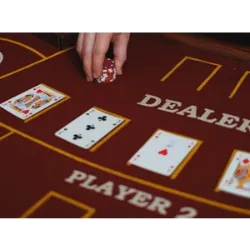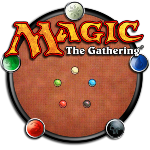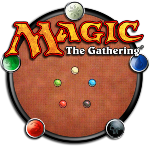September 13th Deck Card

September 13th Deck Card day in Brazil, to value a cultural and leisure symbol, present in popular games and cartomancy. The origin of the date is uncertain, but it is believed that it was created by the letter industry to strengthen its role in Brazilian daily life. The deck has a long and rich history, with records of use in China and spread throughout Europe until reaching Brazil, where it quickly became popular in games such as truco and hole. During the colonial period, card production in Brazil was clandestine due to the Portuguese monopoly of the Real Fábrica de Cartas, founded in 1769. The first official card factory was installed in Rio de Janeiro in 1811. With the end of the monopoly in 1824, Brazil began to produce and import letters from other countries, such as France and Germany, and developed a strong local industry, mainly in Rio de Janeiro and Recife. In the 1940s, casinos boosted the use of playing cards.
The Beginning of It All: Magic: The Gathering was developed by Richard Garfield

The Beginning of It All: Magic: The Gathering was developed by Richard Garfield, a mathematician and game designer. He pitched the game's concept to Wizards of the Coast, a game publisher, and they released it in 1993. Originally, Garfield had created the game to be a fun activity to fill in between role-playing games (RPG) sessions in the conventions.
Test yourself with one of these challenges 👇
Discover some interesting facts about Card games
Wizards of the Coast has developed two official

Wizards of the Coast has developed two official, digital versions of Magic: The Gathering for computers: Magic: The Gathering Arena and Magic: The Gathering Online. The last, most recent one, was created to attract players who love the genre, like Heartstone. This version contains improved visuals and is regularly updated with recent expansions.
The Magic: The Gathering franchise, created in 1993

The Magic: The Gathering franchise, created in 1993, is one of the most successful card games in history. With digital versions for PCs and consoles, in addition to the physical version, the Wizards of the Coast game has conquered players from all corners of the world. To celebrate its 25 years of history, we've put together five fun facts about the franchise that you probably didn't know. From the launch of Magic: The Gathering Arena, the promise that 2019 will be the year of the game in esports, to the more than 20 million decks sold since its launch, check out below some of the curiosities of this franchise that is a reference in the genre.
To play poker, you need a full deck of 52 cards, minus the jokers

To play poker, you need a full deck of 52 cards, minus the jokers. There are four different suits: diamonds, hearts, clubs and spades, with 13 cards each. However, this was not always the case. The first games were played with a reduced deck, containing only 30 cards, preventing more than 4 players from participating at the table, as each one received 5 cards.
More than a thousand years ago

More than a thousand years ago, the game of poker originated in China in the 10th century. Although some historians attribute the emergence of the game to the Persian "Ace Nas" in the 16th century, it is more likely that poker originated in French "Poche", which arrived in the United States via Canada. From there, the game became famous in the American "Wild West".
Bryan Berg, American designer and architect

Bryan Berg, American designer and architect, has a world record for building with playing cards. He created a replica of the famous Venetian Macao Resort Hotel casino in Macau, China, using over 218,000 cards. The project was registered by the Guinness Book and was done in 44 days, without the use of glue or tape.
Test yourself with one of these challenges 👇
HOME














